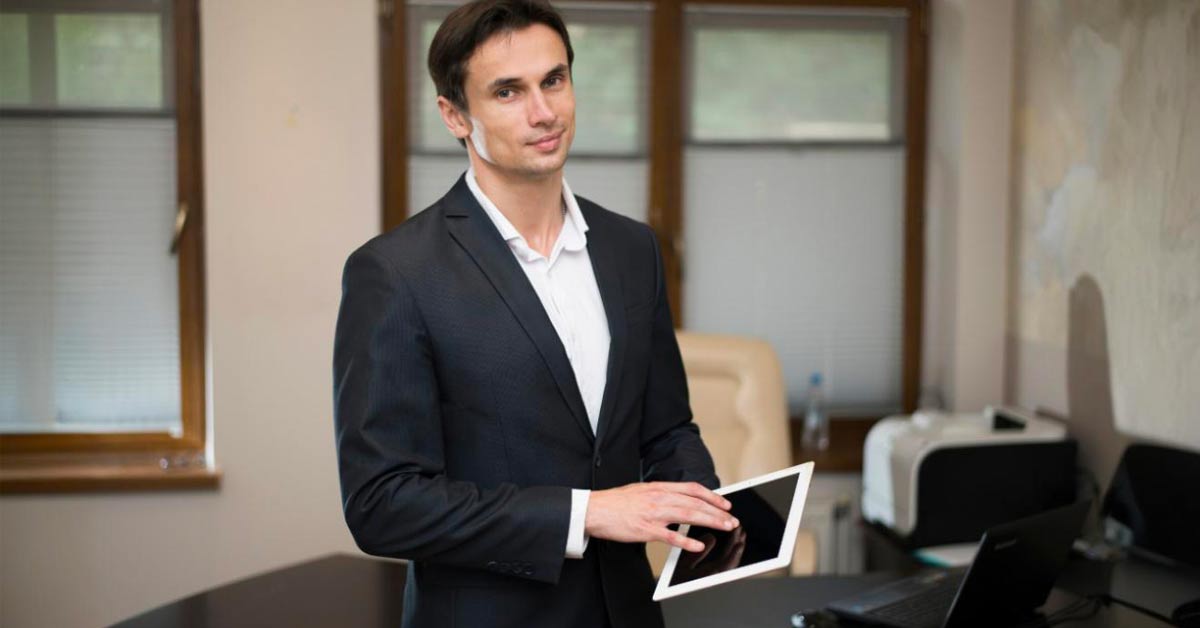As a hotel manager, ensuring the safety of your guests, staff, and property should always be a top priority. In an industry where trust and comfort are central to the guest experience, strong security protocols can set your establishment apart from competitors. Whether you’re managing a small boutique hotel or a large chain, the following strategies can help you strengthen your security framework effectively.
Invest in Comprehensive Surveillance Systems
A modern surveillance system is the cornerstone of hotel security. Strategically placed cameras deter criminal behavior and help monitor all areas of your property, from lobbies and hallways to parking lots and service entrances. Choose systems that offer high-resolution video, night vision, and remote monitoring capabilities.
If your hotel is in Ohio, consider professional commercial CCTV installation New Albany OH through trusted providers like Garber Electric. Their expertise ensures that your system is tailored to your property’s layout, blind spots are eliminated, and you comply with local regulations.
Upgrade Access Control Systems
Traditional keys are no longer sufficient for hotel security. Switching to electronic key cards or mobile room keys provides an additional layer of protection. These systems allow you to control and monitor who has access to certain areas and when. Access logs can also be reviewed in the event of a security breach.
Additionally, consider limiting access to restricted zones, such as maintenance rooms, back offices, and server rooms, using PIN codes or biometric scanners. This helps reduce the risk of internal theft and unauthorized entry.
Train Your Staff in Security Protocols
Your security system is only as strong as the people who operate within it. Regular staff training is essential to ensure everyone understands how to handle emergency situations, recognize suspicious behavior, and follow protocols properly.
Include topics like guest verification procedures, handling lost keys or ID cards, dealing with intoxicated or aggressive individuals, and responding to fire alarms or medical emergencies. The more prepared your team is, the faster and more effectively they can react.
Maintain a Visible Security Presence
Visible security personnel, whether in uniform or plainclothes, can significantly deter criminal activity. Depending on the size of your hotel, consider employing both day and night shifts for constant coverage. Security guards should be trained not only in safety procedures but also in hospitality so they can interact professionally with guests.
Additionally, having staff do regular patrols of the premises helps establish a secure environment and allows for early detection of potential threats or suspicious activity.
Strengthen Cybersecurity Measures
With more hotel operations relying on technology, reservation systems, payment processing, and guest Wi-Fi, digital security is just as critical as physical safety. Install robust firewalls, anti-virus software, and encryption protocols to protect sensitive data. Regularly update your systems and conduct audits to identify vulnerabilities.
Encourage guests to use secure internet connections and make sure your staff knows how to identify phishing attempts or data breaches.
Conclusion
Improving hotel security is not a one-time project but an ongoing process that evolves with new technologies and threats. From installing high-quality surveillance systems to training staff and upgrading access controls, every improvement enhances your guests’ safety and peace of mind.





